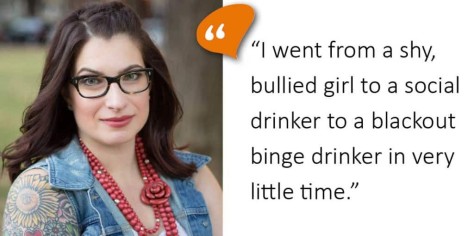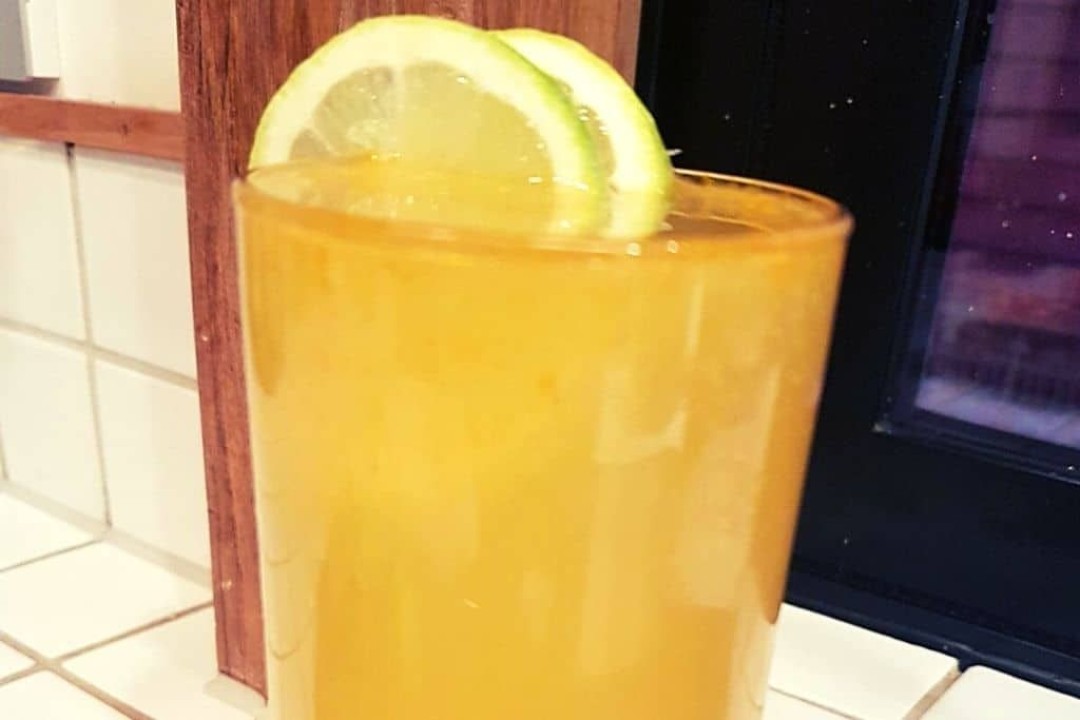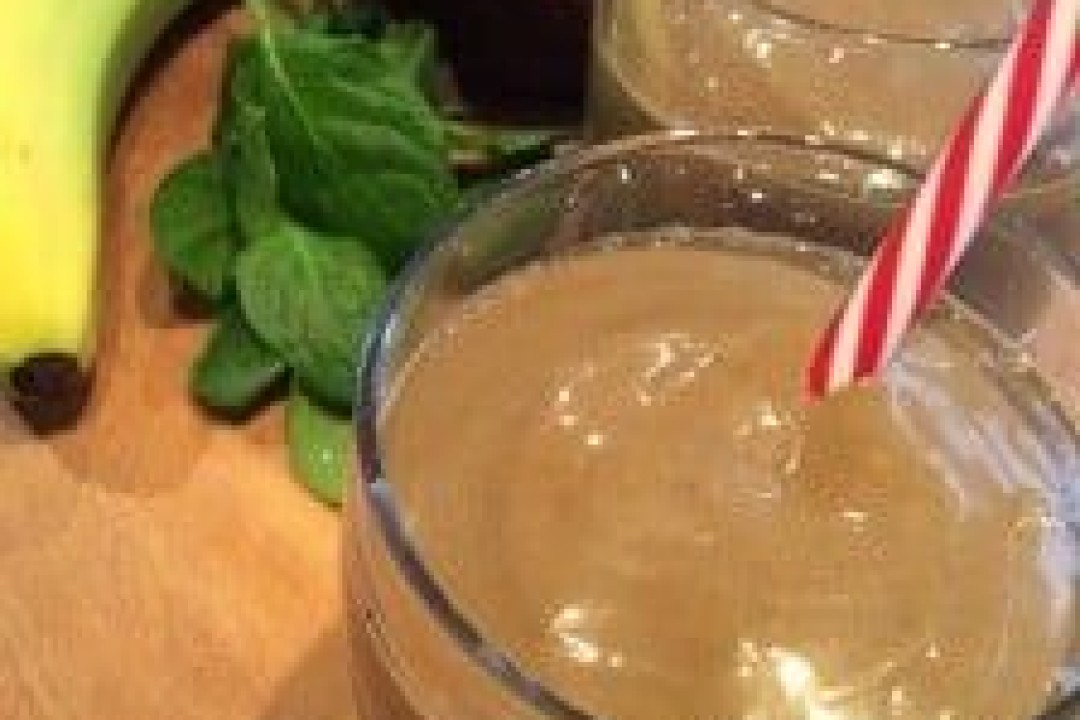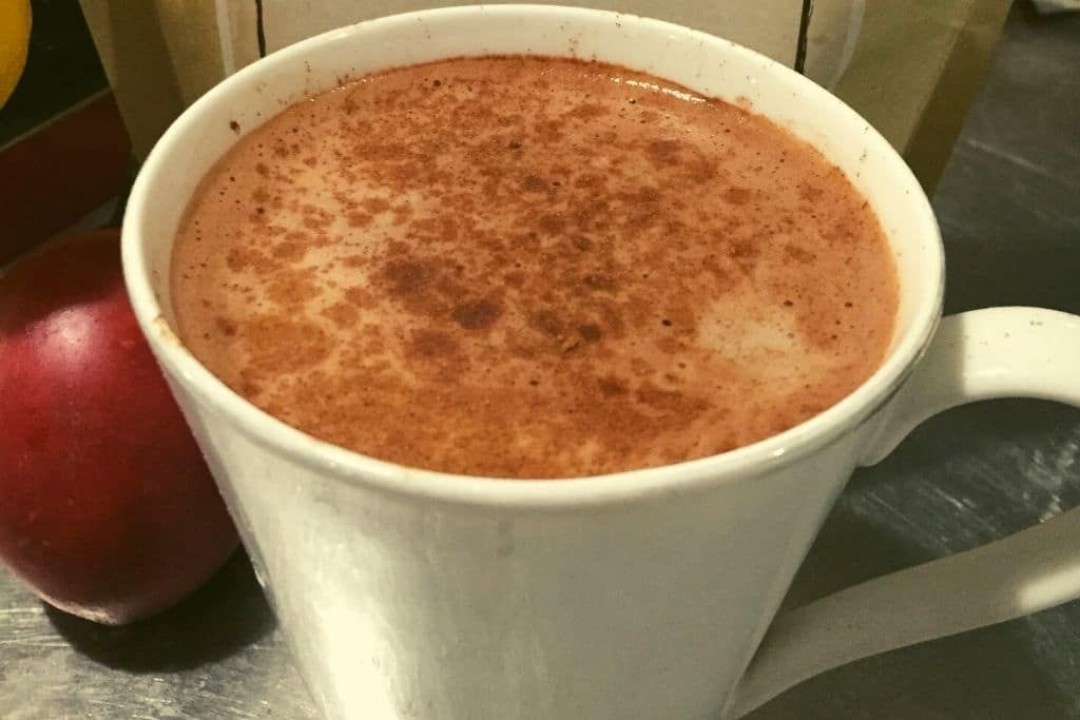Sober Story: Laura
October 10th, 2018 Interviews 4 comments

This week’s Sober Story comes from Laura, a 34-year-old living in Washington, D.C., in the States.
=============
Mrs D: How long have you been in recovery?
Laura: I’ve been continuously sober/in long-term recovery since July 14, 2007.
Mrs D: What can you tell us about the last months/years of your drinking before you gave up?
Laura: Fortunately and unfortunately, I only drank for six years. The fortunate part needs no explanation but the unfortunate part relates to the rapid progression of my drinking in the last two years before I reached out for help. I went from a shy, timid, formerly bullied girl to a social drinker and from a social drinker to a blackout binge drinker in very little time. As they say, it was fun. Then, fun with problems. Then, just problems.
Mrs D: What was the final straw that led you to get sober?
Laura: I was first hospitalized for alcohol poisoning in October 2005. That wasn’t the first time I did anything regrettable while drinking, but it was my first wake-up call to truly dangerous behavior. After that incident, I had many I NEVERS! I’m never drinking again, I’m never doing that again, I’m never drinking pure liquor on an empty stomach again, I’m never going home with a guy while drinking beer after wine but before X, Y, Z again. You get my drift. And for a normal person, this would have probably made me cut back for good or quit entirely altogether. But because I have a brain chemical imbalance (OCD, panic, anxiety, ADD) that predisposes me to addictive behavior, it wasn’t long before I started engaging in the very behaviors I said I would never do again. And that led me to the night of July 13, 2007. Not my first bottom, but my rock bottom. A nasty, frightening, mortifying, gross, pitiful spectacle of blackout drinking in New York City, one of the busiest cities in the world, resulting in a hospitalization. I feel so, SO fortunate that I escaped unscathed. I mean, sure, I had a few physical bruises—but my emotional bruises were far worse. I walked away with skyrocketing-ly high medical bills and had to scrape what was left of my pride and dignity off the hospital bed. The pure fear I felt was unlike any other. But there was a guardian angel/higher power/crazy coincidence/universal thing working in the wings. Separated from my purse in the state I was in, somehow, someone returned it to the security guard at Madison Square Garden with everything intact. Including my bus ticket home to Washington, D.C. I took that as a sign and called for help when I got home.
Mrs D: How was it for you in the early days? What was most difficult?
Laura: I’ve been sober now far longer than I drank. Which is a miracle in and of itself. But it’s really hard to remember the first few months. I know I felt somewhat “out of body,” almost like I was on the outside looking in. I feel immense gratitude that I made the choice to seek help for my addictive behaviors and alcohol abuse. Because had I been forced into a situation (intervention, driven to a rehab without choice, etc.), I might not have had the same pride and autonomy about my sobriety that I did and do have to this day. I will say this, though: socializing without alcohol in your mid-twenties, in a culture that glorifies it, is really difficult. As much as I enjoyed my newfound sobriety, I didn’t know how to be myself without that liquid courage.
Mrs D: What reaction did you get from family & friends when you started getting sober?
Laura: I think my parents, while they had an inkling during my drinking days that I didn’t always engage in behavior that they’d call “on the up and up,” were both shocked (by my drinking) and proud of my decision (to get help—at the time, I wasn’t thinking of “forever”). That night in New York City, they received calls from Madison Square Security guards who had tracked down my belongings—but not me. In the years since this awful night, I’ve spoken frankly with them. The wash of terror and fear they felt outweighed any of my own feelings. In other words, I knew I had gone from hurting myself to hurting others and I wanted to put the metaphorical cork in that bottle. No more causing pain to my loved ones. Friends weren’t so surprised by my drinking because many of them were binge drinkers too but some were surprised I chose to get help. The toxic ones I immediately cut from my life. My true friends stuck by my side and have shown pride and joy over my life changes. Many of them have cut back on their drinking as a result of my life-change.
Mrs D: Have you ever experienced a relapse?
Laura: Thankfully, no. I’m truly grateful for that and I stay hyper vigilant about my sobriety/recovery. I don’t want to relapse but realize it can happen, to anyone. But my attitude toward relapse has shifted; I now think it can be part of someone’s recovery and often happens even with the best intentions to say sober. For many people, relapse happens because addiction is a brain disease. It’s not a sign of weakness. It’s a disease so bizarre in that it’s only activated by the substance itself (alcohol or drugs). Don’t quote me on this, but there’s a lot of neuroscience involved that is staggering in its complexity. That being said, erasing the shame and stigma will be a big step in the right direction, and we live in a time where advocates are strongly carrying a program-agnostic message that recovery works (and that recovery can include relapse).
Mrs D: How long did it take for things to start to calm down for you emotionally & physically?
Laura: Physically, I didn’t have the shakes or so much alcohol in my system that required detox. But emotionally, I needed to get my house in order. I had to address the underlying issues of why I drank in the first place, so I found a psychiatrist who prescribed an antidepressant for my anxiety, and a psychologist to work on my mental health. I’d say I had a lot of ups and downs in those first six months, maybe even the first year. And believe me when I say I’ve had many more ups and downs over the years. This past year I’ve become an advocate/activist for mental health issues and addiction recovery, truly taking ownership over my past, present, and future. I feel my best, finally. And I still have days that challenge the ever living crap out of me. But I persevere.
Mrs D: How hard was it getting used to socialising sober?
Laura: See above. Running a marathon blindfolded (to me) seemed easier than socializing without booze. And forget about dating sober! Hooey! That was (and can still be) a challenge. Unfortunately, our cultures have glorified drinking, and drinking to excess—and so anything other than doing either seems abnormal. How is NOT putting a toxin in your body considered abnormal? You know? But that’s what we’re up against. Big Alcohol and all their advertisements. And despite colleges’ and universities’ best efforts to combat underage binge drinking, there is still a culture of excess at undergraduate campuses around the world. That’s where I started drinking…
Mrs D: Was there anything surprising that you learned about yourself when you stopped drinking?
Laura: That stopping drinking didn’t “cure” me. If anything, it made my issues that caused me to drink in the first place that much more real, raw, and exposed. But it also gave me a chance to experience gratitude, peace, love—in ways I’d never have been able to otherwise. I’ve also learned about my mental health—and that my illnesses are just as real as physical illnesses. They need the same level of care and attention. Speaking of care, self-care is the ultimate prize in recovery. I like, no, LOVE, who I am now.
Mrs D: How did your life change?
Laura: How did it not change? I repaired relationships that mattered. I took control of my physical and mental health. I gave birth to The Sobriety Collective!
Mrs D: What are the main benefits that emerged for you from getting sober?
Laura: That everyone has something to offer. That *I* matter. That hangovers suck and I never have to have one again if I don’t want to.
Mrs D: Would you do anything differently given the chance to go through the process again?
Laura: I would give the younger me more love. I didn’t love myself enough, or at all.
Mrs D: What advice or tips would you have for those who are just starting on this journey? Anything else you’d like to share?
Laura: If anything resonated with you, please reach out to me. I love connecting with others in recovery. laura@thesobrietycollective.com. Share your stories, write guest blogs, support indie artists in recovery and the non-profits of their choosing through my little “shop” called Sober Stock™. But more than anything, know that you’re not alone.
In the words of a wise woman: “Stay classy, stay cool, stay sober™.” – MOI.
Continue reading
Mandarin-lime Squeeze
Ingredients: 30ml freshly squeezed mandarin juice (approx.
June 18, 2021 – 1 comment
Sober Story: Elizabeth
This week’s Sober Story comes from Elizabeth, a 67-year-old living in Otorohanga.
August 12, 2015 – 25 comments
Hot Coconutty Choccy
This scrumptious drink comes from beloved member @jessiea who is keen to share the recipe for her nightly treat that she says is “decadent and delicious – the perfect thing to have if you crave chocolate but are not having any or have none in the house!”.
June 30, 2021 – 2 comments



